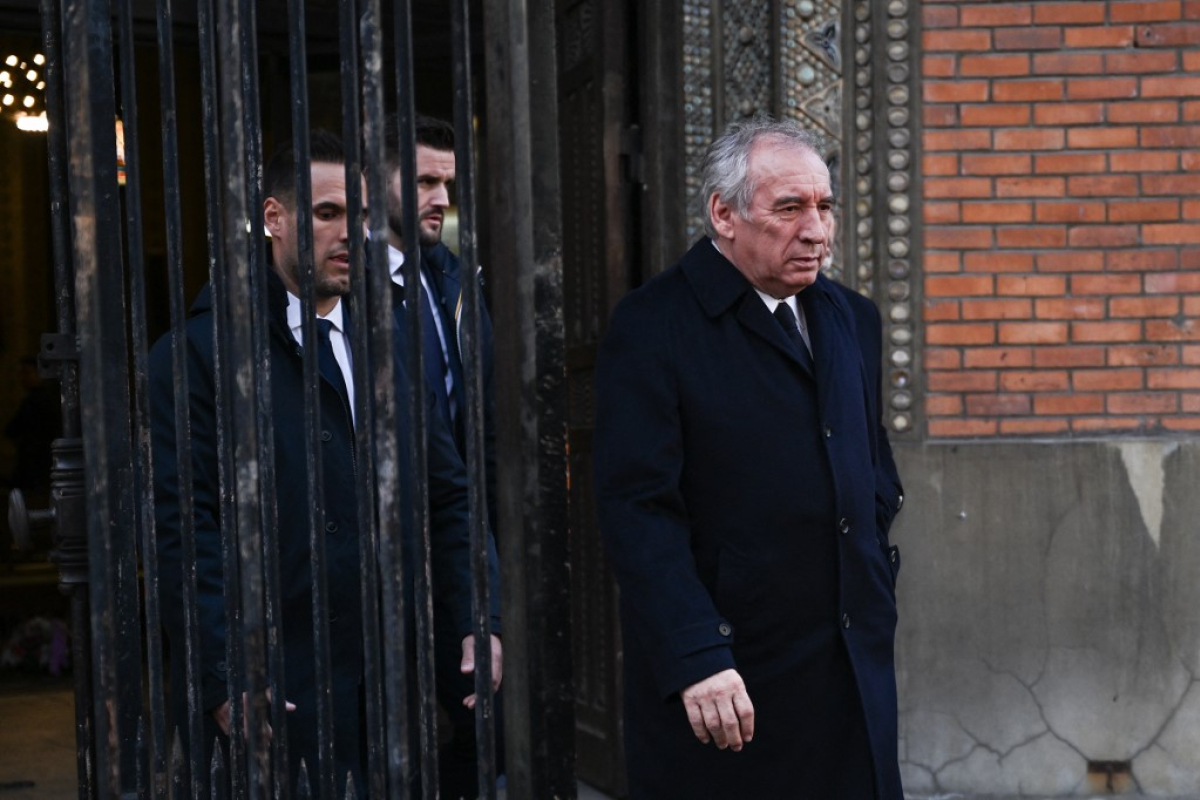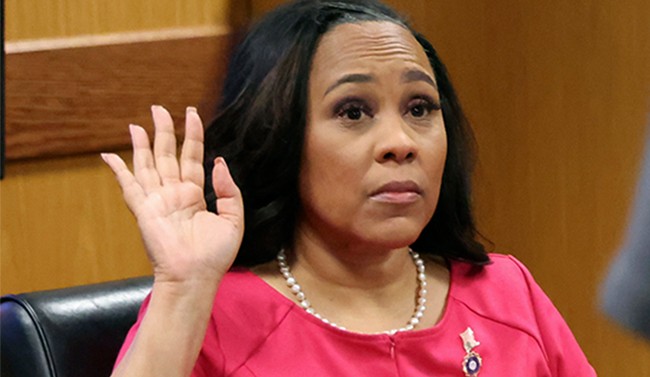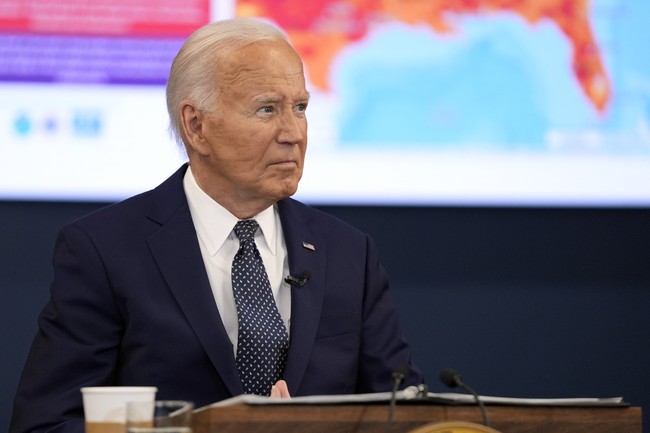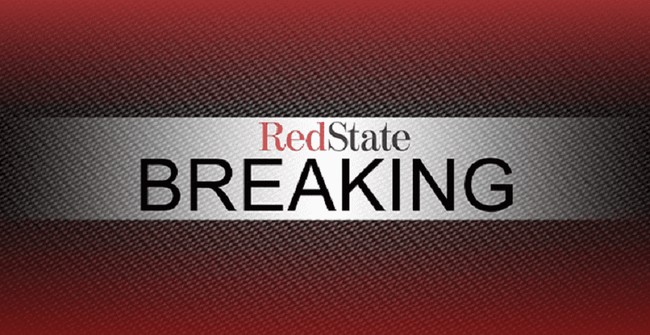Bayrou's Challenge: Navigating a Political Labyrinth
François Bayrou's appointment as France's Prime Minister marks a critical juncture in navigating political divides. How will he shape alliances amidst demands and skepticism from diverse factions?
Published December 14, 2024 - 00:12am

Image recovered from boursorama.com
The political landscape in France has shifted dramatically with the appointment of François Bayrou as Prime Minister by President Emmanuel Macron. This move comes in the wake of a collapsed government under Michel Barnier, ushering in a new era fraught with challenges of coalition-building and legislative accord. Bayrou, a seasoned centrist, stands at a pivotal point as he seeks to bridge divisions within the fragmented French parliament.
Despite his appointment being a strategic move by Macron to stabilize the political situation, the reaction from various political factions has been mixed. The France Insoumise party has vocally declared its intent to push for a motion of no confidence, viewing Bayrou's association with Macron's policy direction as a threat to democratic processes. This sentiment is compounded by the perception of Bayrou as merely a continuation of the status quo, particularly concerning contentious issues like pension reforms and fiscal austerity.
The Socialist Party, once courted by Macron, remains skeptical. They have expressed discontent with the lack of a left-wing prime ministerial candidate, suggesting a broader hesitation to integrate fully into the government. This stance of waiting and observing is shared by the Communist Party, which has refrained from immediate censure, opting instead to monitor Bayrou's commitment to more transparent governance without resorting to constitutional shortcuts like article 49.3, which permits passing laws without parliamentary vote.
On the right, a more nuanced position emerges. The Rassemblement National, under Marine Le Pen, has opted for a cautious approach. While they do not oppose Bayrou outright, they hold him to a standard of listening to the varied political voices within the assembly, emphasizing the need for policies that resonate with the overall electorate's sentiments. The National Rally acknowledges a shared interest in electoral reform, which could serve as a unifying agenda amidst the discord.
Bayrou faces the immediate task of navigating through the 2024 budget passage, a contentious issue that underscores the broader struggle over the 2025 fiscal plan. Previous failures to secure a parliamentary majority led to Barnier's downfall, highlighting the intricacies involved in negotiations within a politically polarized environment. Bayrou's leadership will be tested on his ability to find common ground among varying interests, from fiscal conservatives worried about deficits to leftist groups concerned about social equity and environmental justice.
This backdrop of political tension coincides with external pressures, as economic indicators show signs of strain, with French borrowing costs rising amid investor skepticism. These economic factors add to the urgency for Bayrou to cultivate stability and confidence, not just within France, but in its role within the wider European political and economic context.
Bayrou's history as an established political figure, rooted in centrist and rural sensibility, provides him both a seasoned perspective and potential vulnerabilities, as seen with his past resignation from a ministerial role amid legal scrutiny—an episode that casts shadows over his leadership credibility. His ability to traverse these political obstacles will determine not only the longevity of his tenure but also the effectiveness of the government under Macron as it grapples with internal discord and external expectations.
The coming months will serve as a crucial test of Bayrou's diplomatic acumen and political strategy. As France navigates this period of uncertainty, the role of dialogue and compromise becomes ever more critical. This precarious balance of power highlights the importance of coalition politics in shaping the future trajectory of French governance and its implications on broader European dynamics.







